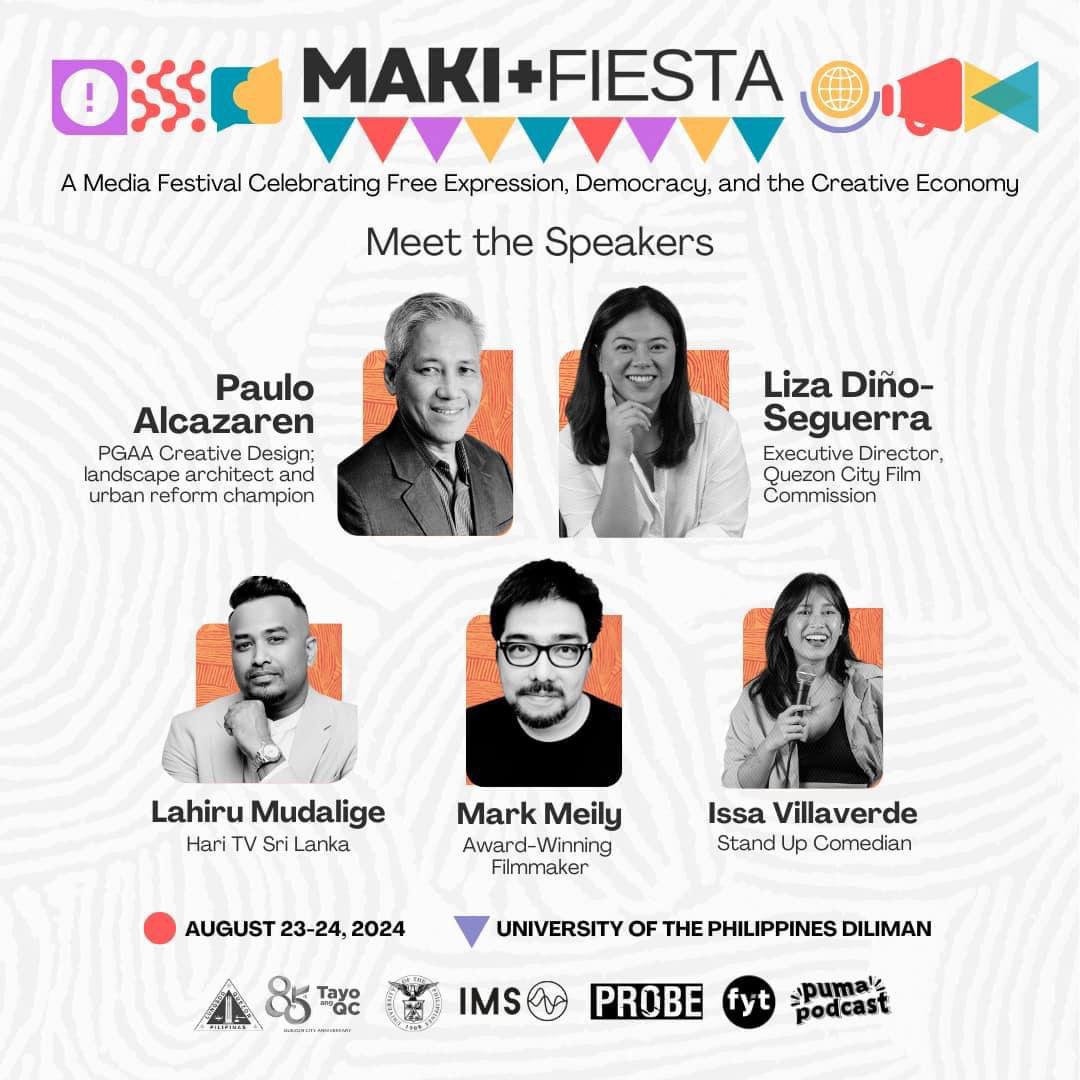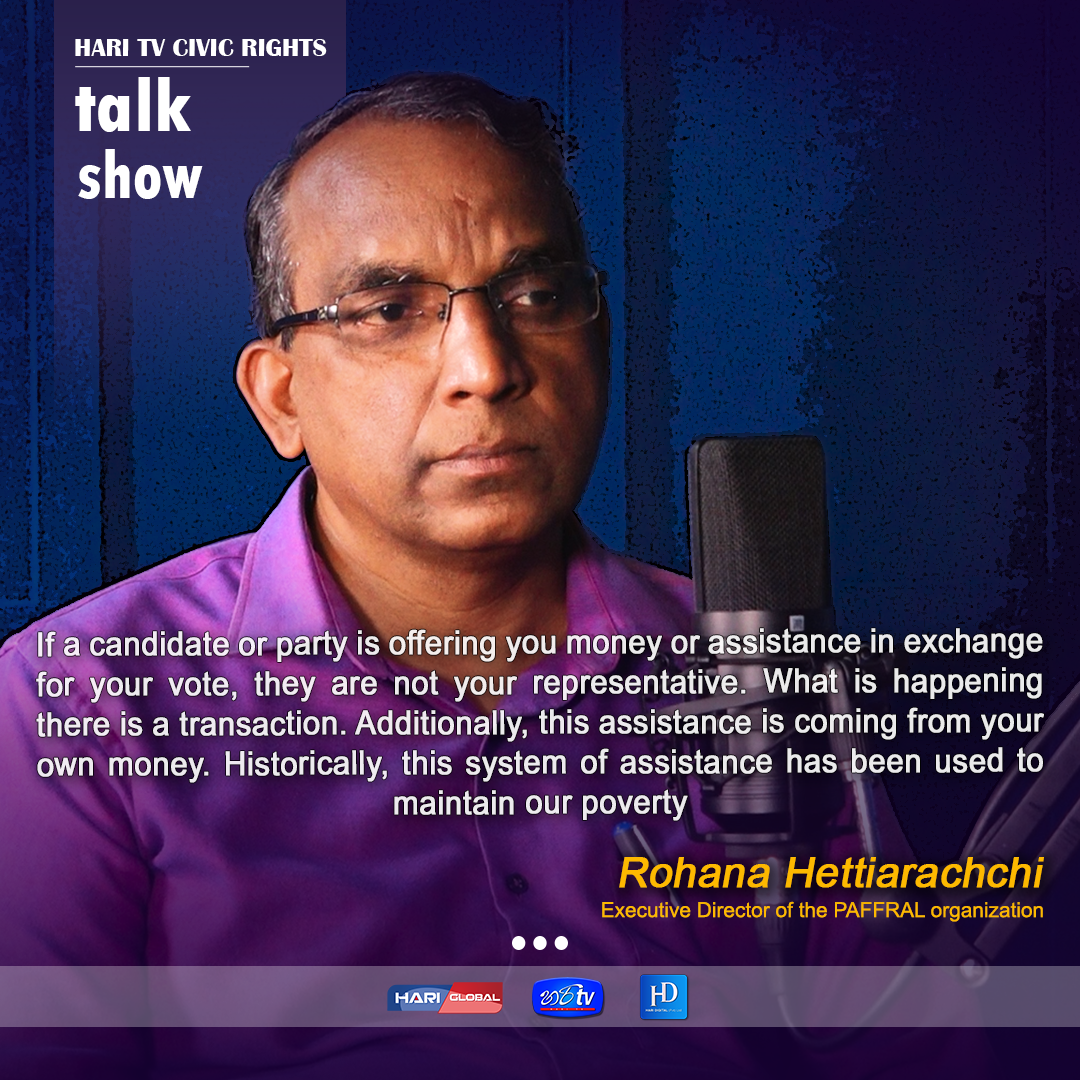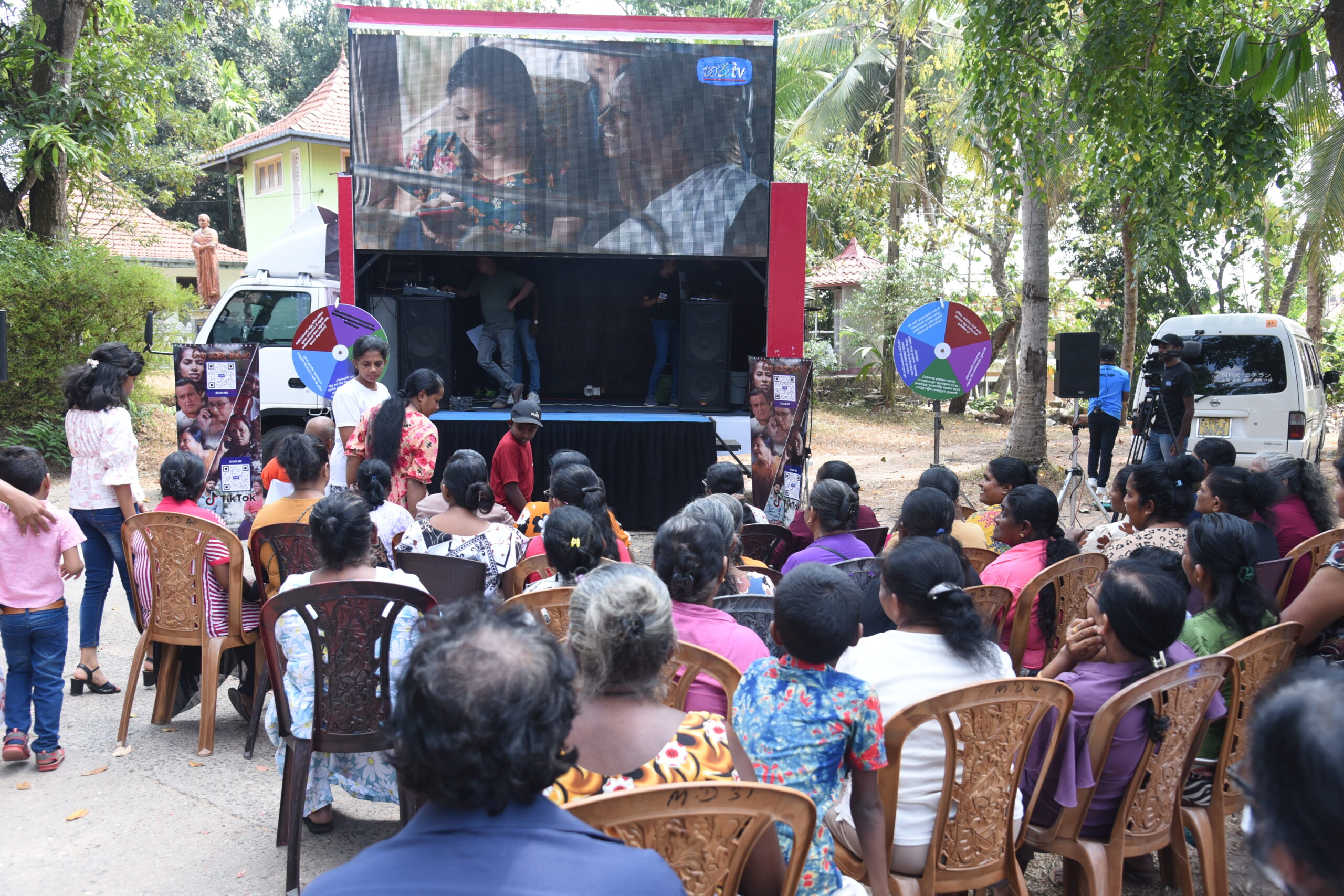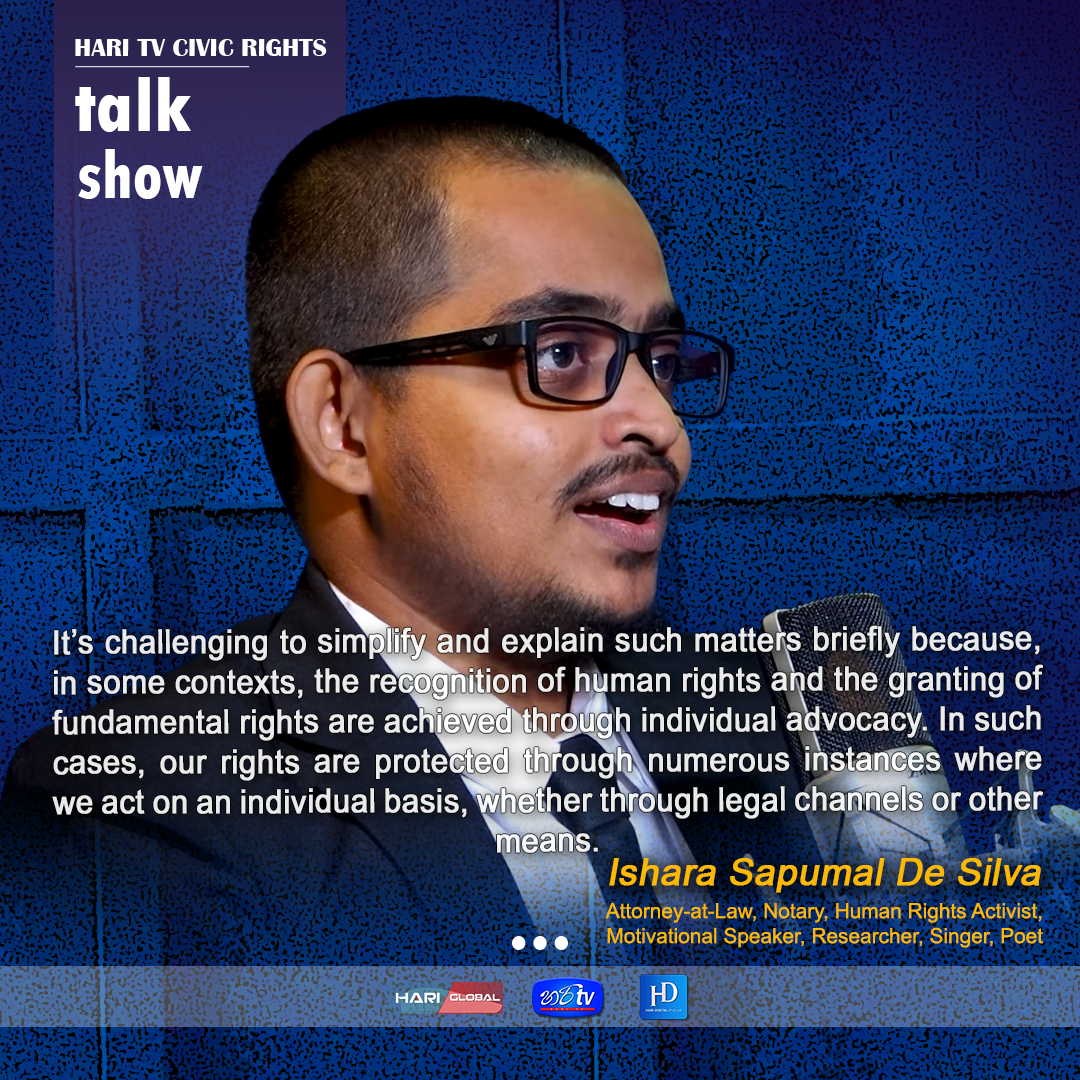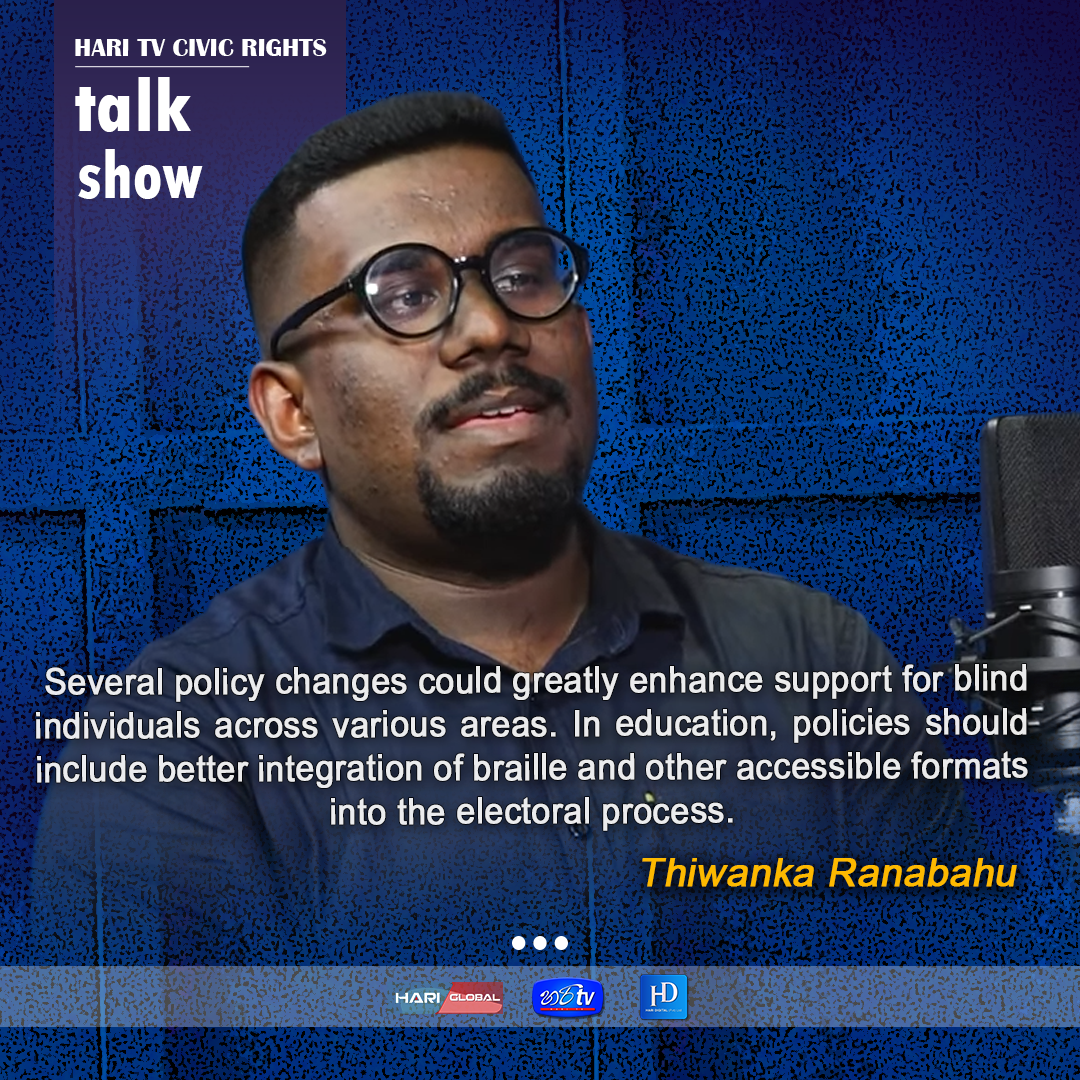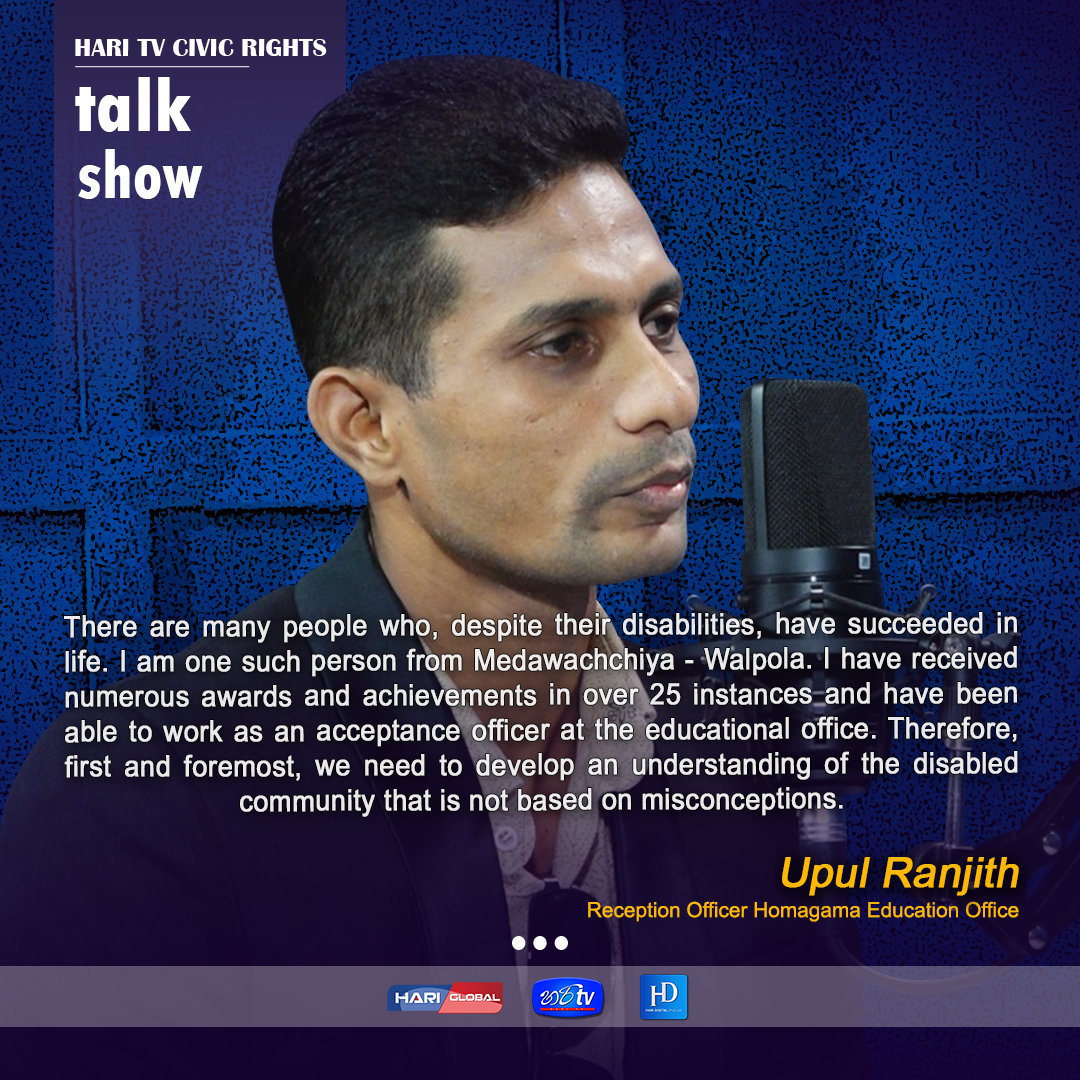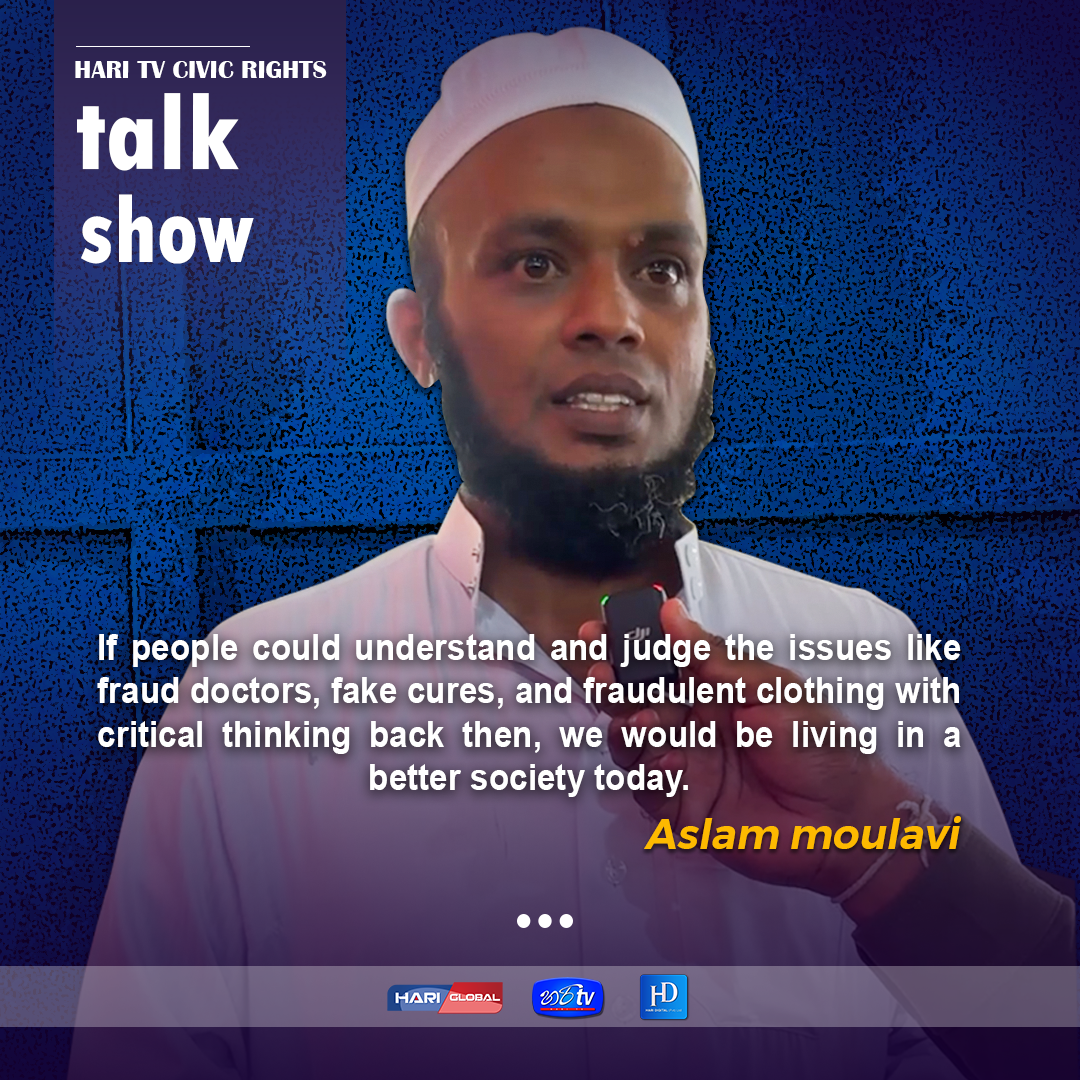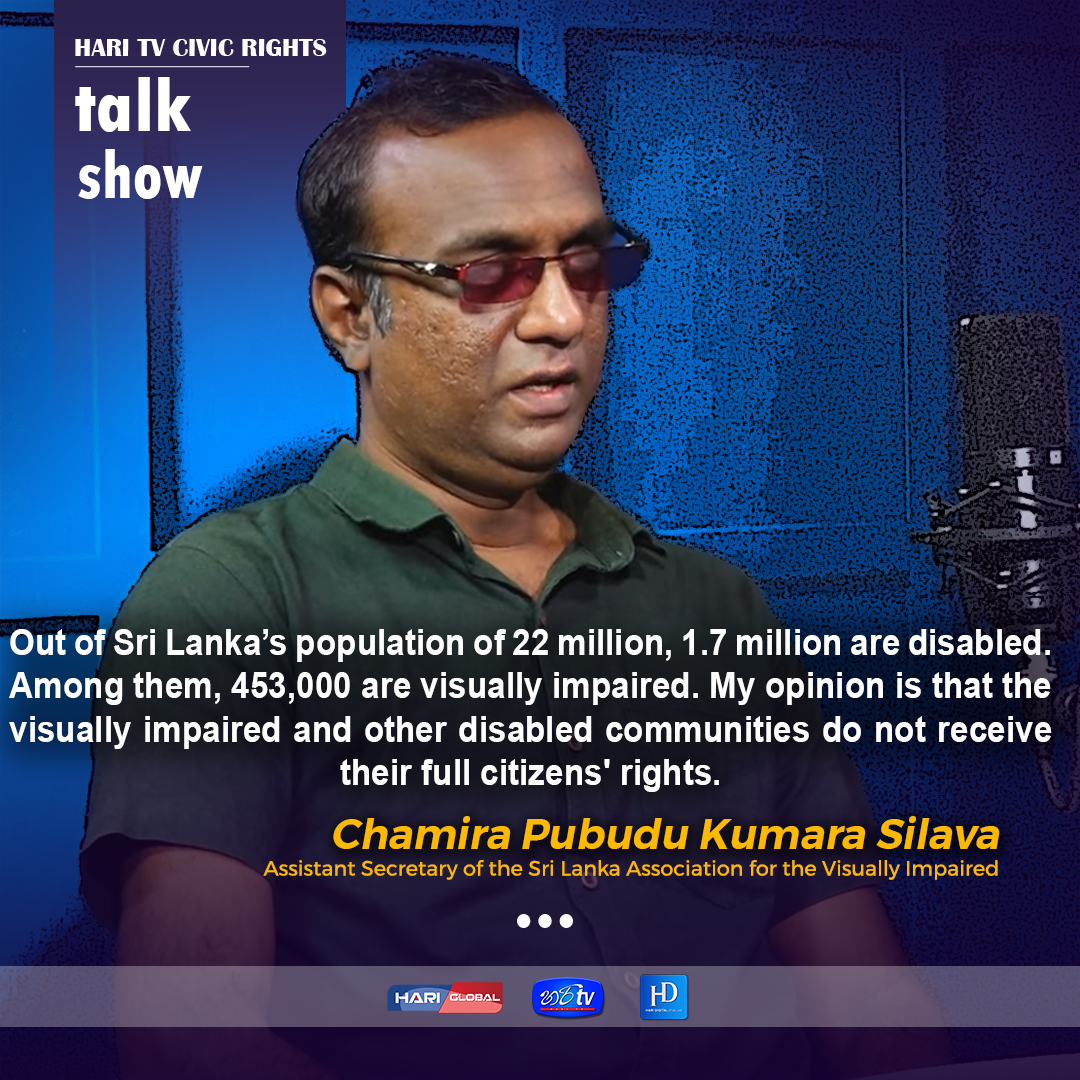Regarding civil rights in Sri Lanka, recently, a special series of programs has been conducted by the social media institution “Hari TV Lanka”. Today, we thought of discussing another program specifically on women’s politics and education in Sri Lanka. For this, we have invited a prominent female figure from the National Human Rights Platform, Dr. Kaushalya Ariyarathna, who is an advisor at the Centre for Human Rights Studies at the University of Colombo. We have invited her to discuss issues specifically related to education and women’s politics, future prospects, and necessary changes in school education in Sri Lankan universities, under the themes of fundamental civil rights. Welcome!
What is the current status and effectiveness of the “Women Together” initiative by the National People’s Power (NPP)?
“I think the ‘Women Together’ initiative has been quite effective in promoting women’s political engagement. This initiative was designed with a clear goal: to mobilize 52% of women and increase their political awareness beyond just electoral participation. Over the past two years, we have implemented a structured approach, creating district-level executive boards to organize and empower women at the local level. This effort has not only facilitated grassroots mobilization but also fostered a stronger community of politically active women. Despite encountering significant social bullying and criticism on social media, the visible success of our rallies and meetings underscores the enthusiasm and commitment of women involved. The initiative is not just a short-term project; it represents a substantial and ongoing effort to embed political awareness and engagement within our communities.”
How do you handle social bullying and criticism in politics?
“Handling social bullying and criticism, especially in the realm of politics, is indeed challenging. Personally, I choose to limit my engagement with social media because it often becomes a platform for contentious debates and personal attacks rather than constructive discussions. The criticisms I’ve faced typically focus more on personal aspects rather than the substance of my arguments. I believe this stems from the fact that many critics are more comfortable expressing their views anonymously online. To address this, I focus on a mature and respectful approach. For instance, I prefer using terms like ‘women’ rather than ‘ladies’ to challenge outdated societal norms and promote gender equality. This approach not only helps in framing a more respectful dialogue but also demonstrates our commitment to challenging traditional gender roles. By remaining resilient and focusing on constructive engagement, we can effectively manage criticism and continue our efforts in promoting women’s political participation.”
What are the prospects for the National People’s Power (NPP) based on recent survey reports and public sentiment?
“From my perspective, recent survey reports suggest that the National People’s Power (NPP) is positioned strongly with considerable public support. However, I place more trust in the direct feedback we gather from interactions with people in local communities. Surveys can sometimes be influenced by various factors, and I find that the genuine sentiments of individuals in villages and towns offer a more accurate reflection of public opinion. The upcoming election is a crucial opportunity for people to express their frustrations with the current political system, and I believe that our party’s vision for systemic reform resonates deeply with the electorate. The positive response we receive from direct engagement reinforces my confidence in the party’s prospects.”
Why is it important for Anura Kumara Dissanayake to win, and what is the vision for the NPP?
“I think Anura Kumara Dissanayake’s victory is essential for realizing the systemic changes we are advocating for. His leadership is crucial for transitioning Sri Lanka from a political system dominated by entrenched elites to one that is more accountable and responsive to the needs of ordinary citizens. The National People’s Power (NPP) aims to challenge the long-standing political structures that have been in place since independence and replace them with a governance model that prioritizes transparency, fairness, and public participation. Dissanayake’s leadership symbolizes a pivotal shift towards a more inclusive and effective political system, aligning with the aspirations of a broader segment of the population and addressing long-standing issues of governance and reform.”
What is the status of women’s political participation in Sri Lanka, and what are the barriers?
“I believe that despite Sri Lanka’s historical milestones, such as having the world’s first female Prime Minister and a female President, women’s political participation remains critically low, with only about 5% representation in major political roles. The barriers to increased participation are multifaceted. Traditional societal expectations often confine women to domestic roles, and politics is frequently viewed as a male-dominated and hostile field. Women face cultural and institutional biases that discourage their involvement. Additionally, the lack of supportive infrastructure for women balancing family responsibilities with a political career further exacerbates the issue. The National People’s Power (NPP) is committed to addressing these barriers by challenging outdated gender norms, promoting inclusive policies, and creating environments that support women’s active participation in politics. We aim to foster a deeper ideological shift that ensures meaningful engagement rather than just focusing on increasing numbers.”
What changes are needed in the education system in Sri Lanka, particularly in universities and schools?
“I think the Sri Lankan education system is in need of a fundamental transformation. Currently, the system is heavily focused on competition and rankings, which often detracts from nurturing individual talents and interests. This competitive environment emphasizes achieving top academic positions and pursuing traditional career paths such as medicine and engineering. However, education should be about fostering a broad range of skills and interests. We need to shift towards an approach that evaluates and supports each student’s unique abilities, allowing them to explore diverse talents and career aspirations. This involves moving away from a narrow focus on academic competition and towards an education system that encourages personal development and recognizes various forms of intelligence and skills.”
How effective is free education in Sri Lanka, and what are the challenges?
“I think that while Sri Lanka’s policy of free education is commendable in theory, its practical implementation falls short. The commercialization of education has created significant barriers to accessing high-quality education without incurring substantial costs. Despite the policy’s intent to provide free education, many families face financial difficulties that affect their ability to access quality schooling. Hidden costs and additional expenses further undermine the effectiveness of the free education system. To address these challenges, we need to focus on ensuring that the promise of free education translates into real accessibility and equity for all students. This means addressing the financial burdens and ensuring that all students can benefit from a high-quality education without being hindered by additional costs.”
What are the issues with the Online Safety Act and the Prevention of Terrorism Act in Sri Lanka?
“I think the Online Safety Act and the Prevention of Terrorism Act present serious concerns regarding civil liberties. The Online Safety Act, while intended to address online harassment, has become a tool that stifles political expression and impedes civic freedoms. It creates an environment of fear rather than providing effective protection. Similarly, the Prevention of Terrorism Act has faced criticism for violating civil rights and freedoms, often being misused in ways that infringe upon individual liberties. I believe that both of these laws should be repealed and replaced with frameworks that better safeguard civil liberties while addressing genuine security concerns. Improving the implementation of existing laws and enhancing law enforcement practices are crucial for protecting rights without compromising freedoms.”
October 1, 2024



